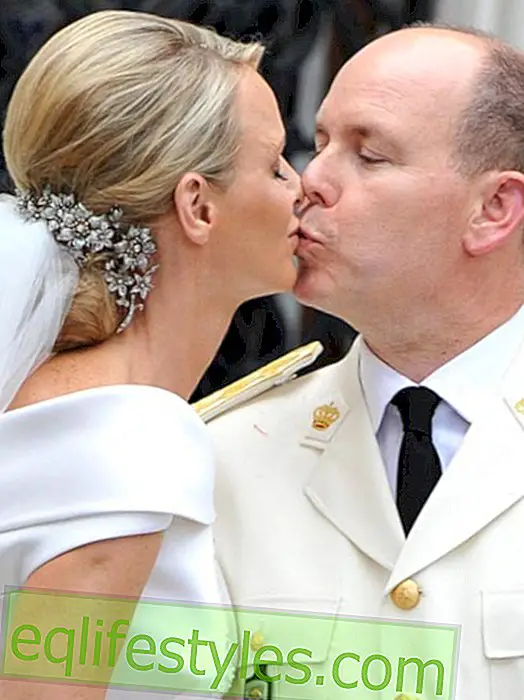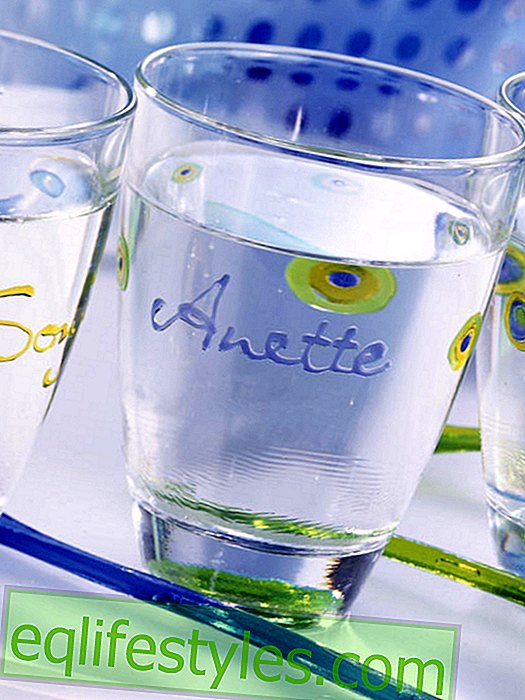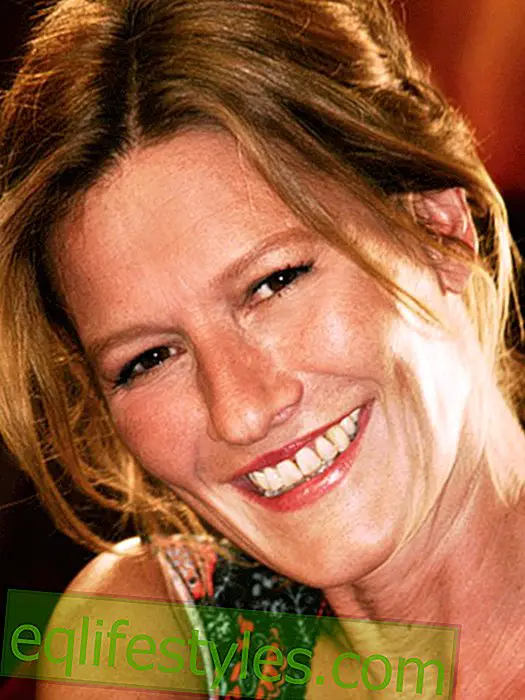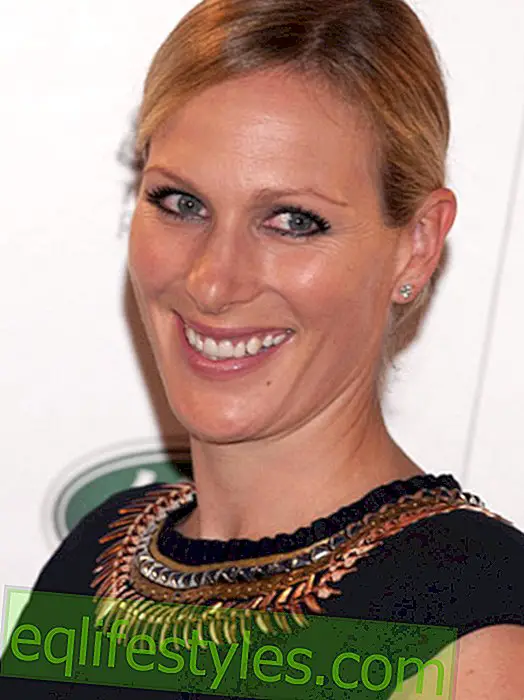
Photo: iStock
Your face reflects your health - so read in your face how it is about you
A glance is worth a thousand words - and you can read in the face how healthy someone is!
"The basic idea is simple: just as our genes and hormones affect our growth, so do our characters, " explains Carmen Lefevre of Northumbria University. Lefevre can read faces .
With this assumption, Lefevre observed the bony structure of various faces and came to the conclusion that people with a high testosterone level have broader faces and larger cheekbones.
At the same time, these people are usually dominant, often more aggressive personalities, than those with narrow faces - which incidentally have less testosterone.
Fascinating? For sure. But it goes even further: According to the scientists, our health is also written in our faces! For example, the fat in our face is supposed to tell you how fit we are. Our face would even be a better indicator of our state of health than the well-known BMI!
Specifically, people with thinner faces are less likely to suffer from infectious diseases - and if they get caught, the infection is probably not too serious. And: people with thin faces are also less likely to suffer from depression and anxiety - after all, fit people are less susceptible to these diseases. This is how face reading works.
But how can the roundness of the face reveal something about a person's personality? Benedict Jones of the University of Glasgow says: "A person's health does not depend on the body's total fat content, but on how the fat is distributed throughout the body." Thus, people with wide hips but slim upper body are healthier than those who to store most of the fat in the upper body.
And what does that have to do with the face? "The fullness of the face may just reflect this body's fat deposition, " says Jones. According to Jones, facial fat may be one of the most dangerous fat deposits for some unexplored reason - much like upper body fat.
But on the face you read even more: There are still hidden, almost subtle hints to our health. More precisely, on our immune system. For example about the skin color. It is not about light or dark, but about the - barely visible to the naked eye - shades that reflect the lifestyle of a person.
If this shade passes into yellowish-golden, the person lives healthy, according to researchers. The reason: The pigments that produce this shade are due to the consumption of carotene - the colorant found, for example, in healthy foods such as carrots, oranges and other reddish fruit and vegetables that strengthen our immune system.
And what if the blush comes to our faces? Well, when you blush, it could be a sign of good fertility, says Jones. At the peak of the menstrual cycle, women are even more likely to turn red with shame because they then produce more estradiol, the sex hormone that is responsible for it. This dilates the blood vessels - just in the face - and makes women redder than usual.
What Jones and Lefevre are most interested in, however, is the relationship between personality, lifestyle and a person's appearance. How do these components influence each other? And how do they change in the course of life?
A study has since proven that people who have the so-called baby face, so softer facial features, are barely dominant at a young age. But: the older they get, the more specific they appear! How can that be? Scientists suspect that over the years these people are trying to compensate for their childish appearance with dominant behavior.
What scientists were most fascinated about in this context: Certain aspects of personality that were less obvious at a young age can even change the look of our face in the course of life!
Researchers have shown that women who are sociable from their teens to their thirties look better in their 50s than those who are naturally pretty but less sympathetic. Explanation: Firstly, the sociable women have found out over the years what makes them prettier. Secondly, they have explored for themselves how to best express their self-confidence.
Conclusion: Although we can not control our genes - but by cultivating our personality and our self-esteem, this reflects our face again. And that, according to the researchers, is more important than the targeted control of our genes to make our face more beautiful!
So to be pretty, we do not need Botox or skin tightening - healthy self-esteem and the joy of contact do it! And it is better to read from a natural face than from an artificial one.









